Have you ever wanted to learn how to fix cars yourself instead of relying on a mechanic to do it for you? This article is for you.
Knowing how to work on cars is not only extremely convenient, it can save you a lot of money. There are many jobs you can do around a car that cost very little money and only take time. Some examples of these are fixing bad grounds, replacing PCV valves, replacing spark plugs, and replacing O2 sensors. Even changing the brakes is cheap when you do it yourself!
Reasons to Work On Your Own Car
There are many reasons why you may want to work on your own car. Here are some of the best things working on cars can do for you.
1) You’ll Save Money
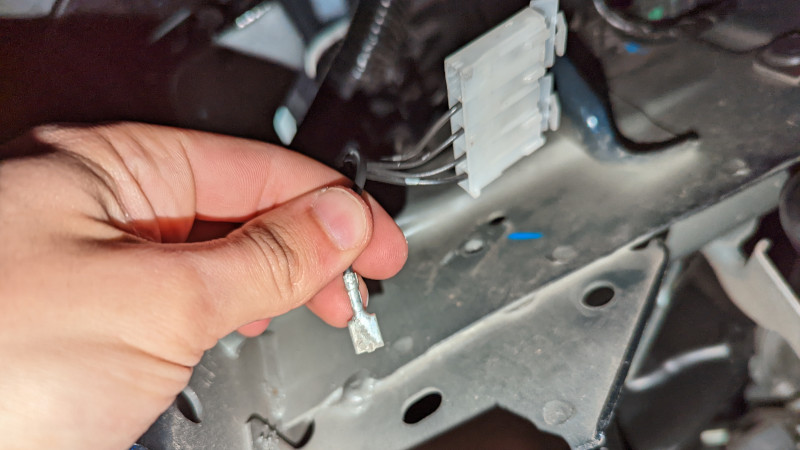
The most common reason people work on their own cars is to save money. When you work on your own car, you’re not paying a mechanic’s salary or an auto shop’s overhead to keep the lights on. You only end up paying for the parts you need.
You are in control over which parts you buy. Instead of buying OEM parts, you can opt for a cheaper aftermarket equivalent. Sometimes aftermarket parts perform just as well as (or even better than) the OEM part they’re based on, at a fraction of the price.
Sometimes a repair is as simple as taking something apart, cleaning it, and putting it back together. Grounds go bad and sensors get dirty over time, causing a myriad of seemingly unrelated issues. If you work on your own car, this kind of fix will cost you nothing but time.
2) You’ll Know How Your Car Works
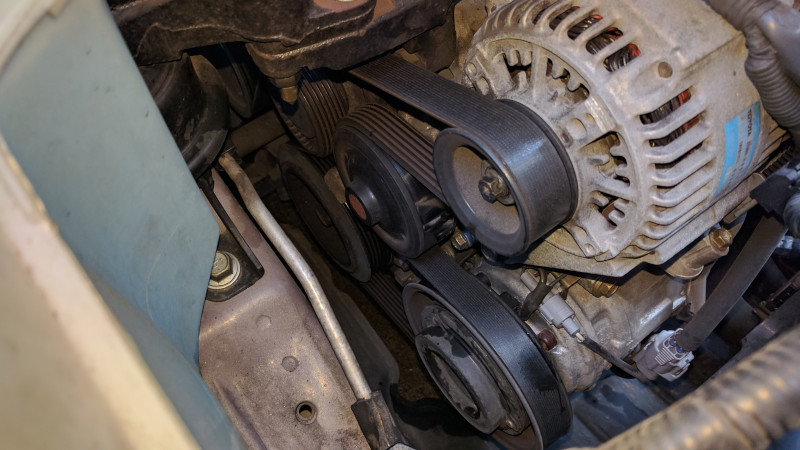
The best drivers are those with a solid understanding of the mechanics of their vehicle. Understanding how a car works helps you exercise more mechanical sympathy while driving. Knowledge of what maintenance your car needs will help keep you from breaking down.
The more you do yourself, the less time it will take you to fix future issues. Diagnostics are often the hardest part of auto repair. You’ll spend less time diagnosing problems because you’ll know your car like the back of your hand.
3) You’ll Gain a Sense of Satisfaction
It’s satisfying to fix a car yourself! Not only does it make you handy for fixing a flat tire, it can help you out around the house in many other ways. Being handy with cars translates to being handy around the house, too.
Knowing how to diagnose and repair common issues gives you peace of mind and the freedom to buy any car you want, without worrying about its maintenance history or common issues. You can keep a car on the road as long as you want, no matter how many miles it has on the clock.
4) You’ll Know What’s Been Done
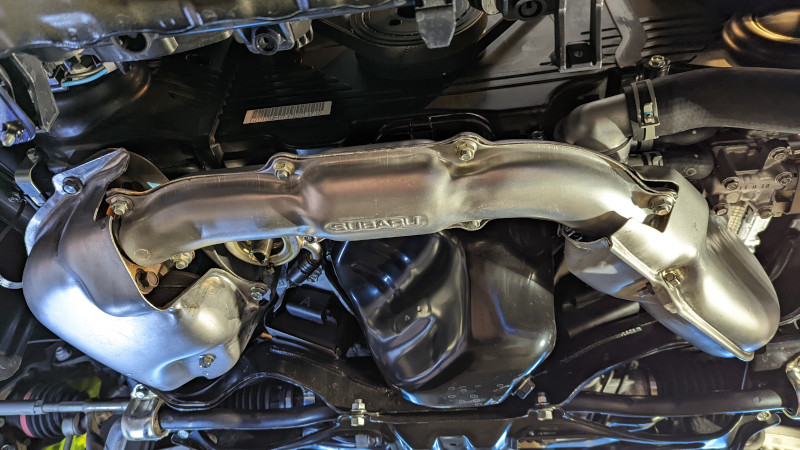
If you work on your own car for a while, eventually you’ll be the one who has done all the common maintenance items. You can track what work has been done, how it was accomplished, and how frequently you need to do it. You’ll eventually understand all the little quirks and nuances of your specific vehicle.
Did you strip a bolt hole and have to break out the Helicoil kit to repair the threads? Perhaps you replaced the head gaskets with a higher quality part than the car originally came with.
You are in control of your documentation. The more you write down, the more you’ll understand about your vehicle over time. This helps you take better care of your car.
5) It Helps the Mechanic
Just because you know how to work on your own car doesn’t mean you have to do it yourself every time. Learning how to work on cars gives you the skills you need to communicate more clearly with a mechanic when you encounter a job you aren’t comfortable tackling, or simply don’t have the time or physical space for.
When you visit the mechanic, you’ll be able to clearly articulate the symptoms you’re experiencing and things you’ve tried. This will save the mechanic time and may lead to a more accurate diagnostic, which saves you time and money.
Where Do I Start?
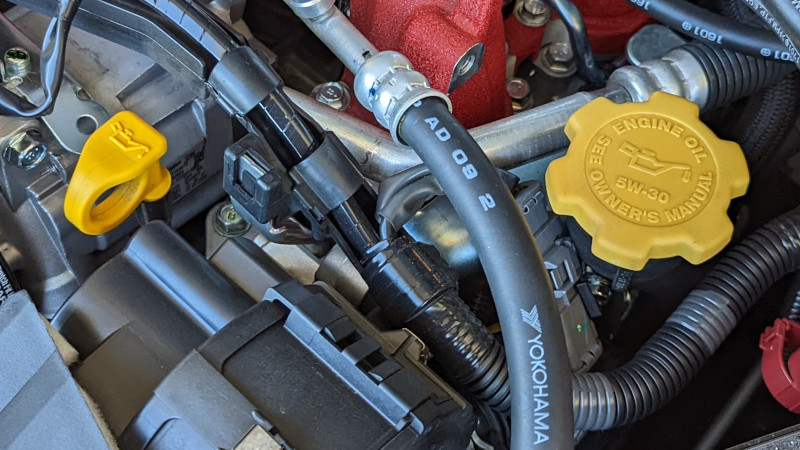
If you’re new to cars, it can be overwhelming to learn the basics. As you start learning, more and more of the components will start to make sense. With a bit of persistence, you’ll be able to tell someone how a car works, bumper to bumper.
The best thing you can do is to dive in and start learning everything you can. Visit YouTube or Google to see how different components on your car work. How do engines work? How does a transmission work? Learn about all the different engine components and how to replace them.
All vehicles have brakes. All modern combustion engines have O2 sensors, spark plugs, engine air filters, radiators, and water pumps. Learning how to replace these parts will transfer to future vehicles you own, and the knowledge will compound over time.
YouTube
Check out YouTube channels such as ChrisFix for great general advice on how to fix cars using common hand tools. Eric at South Main Auto Repair is a mechanic out of New York who has excellent diagnostic skills. Rust can make a car much more difficult to work on, and Eric has repaired many rusty vehicles in his videos.
Forums and Facebook Groups
If a car exists, there is a forum for it. Google your year, make, and model, and see what forums exist. Some examples of forums are miata.net for Miatas, NASIOC for Subarus, Bimmerpost for BMWs, and Rennlist for Porsches.
If you browse forums, be cautious with the information you take to heart. Cross reference it with recommendations others have made in the comments. Anyone can create an account on a forum, and not all of those folks are very experienced.
Try to do as much research as you can, and search the forum for similar issues before asking a new question. Be very descriptive with any steps you’ve taken if you’re trying to diagnose a problem. If your question is too vague or basic, many people will not respond kindly. Most of the enthusiast community is very welcoming to newcomers.
What Tools Do I Need?
Common Hand Tools
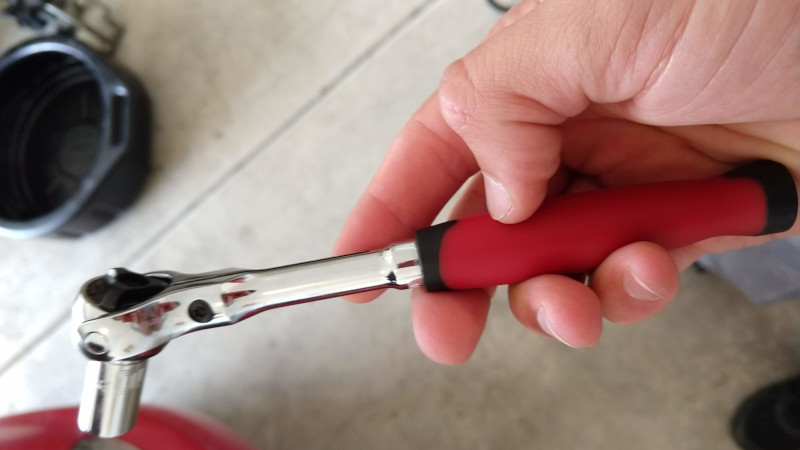
The vast majority of jobs in the garage can be accomplished with common hand tools. If you find yourself in need of a specialty tool and you think you’ll do the job again, buy the specialty tool. Chances are you will still save money compared to the cost of visiting a mechanic.
A Space to Work
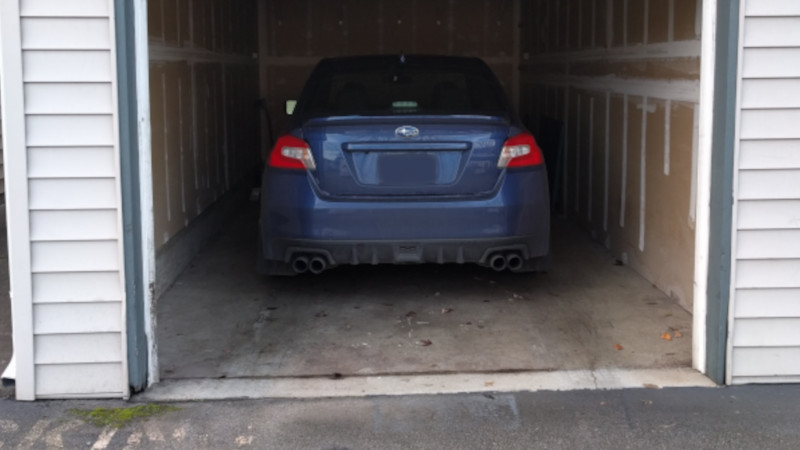
The bigger your workspace, the more jobs you’ll be able to accomplish. Some apartments don’t let you work on cars, so you’re limited to what you can accomplish in a parts store parking lot. This is still plenty if all you need to do is change your brakes or a bad sensor.
By the time you have a two car garage and a set of jack stands, you can do most jobs. If you’re lucky enough to know someone with a shop and a lift, the sky’s the limit.
Common Sense
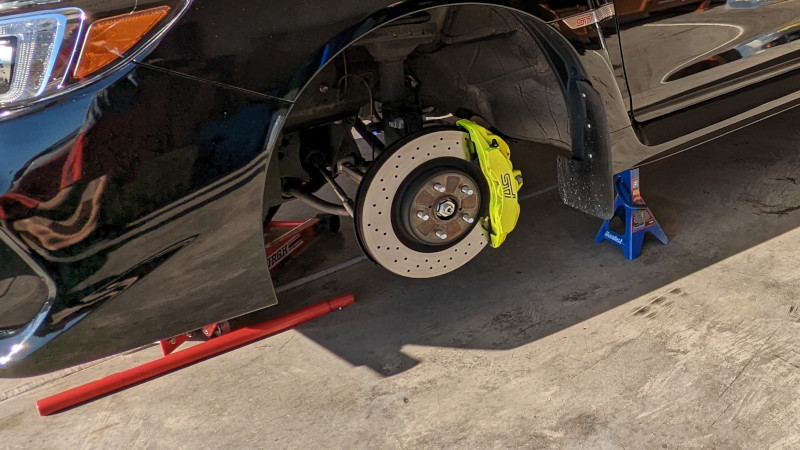
Working on cars is extremely dangerous if you don’t know what you’re doing. You’re probably going to be lifting and supporting a two ton vehicle for many jobs. Gasoline is extremely flammable, and you must use extreme caution around gasoline vapors and open fuel lines. You may be exposed to carcinogens such as used motor oil and brake dust. Air bags may deploy if serviced incorrectly.
It’s important to exercise common sense when working in the garage. Understand the potential hazards before you start, and make sure you take proper safety measures. Wear the appropriate personal protective equipment (PPE) such as gloves, a respirator, or eye protection when the job calls for it.
Next Steps
Everyone is at a different place when it comes to their car knowledge. Don’t feel like it’s too late to learn or that you should know all this already. Nobody knows everything, and nobody was born knowing this stuff. Start small and work your way up. Before you know it, you might be pulling engines by yourself.
